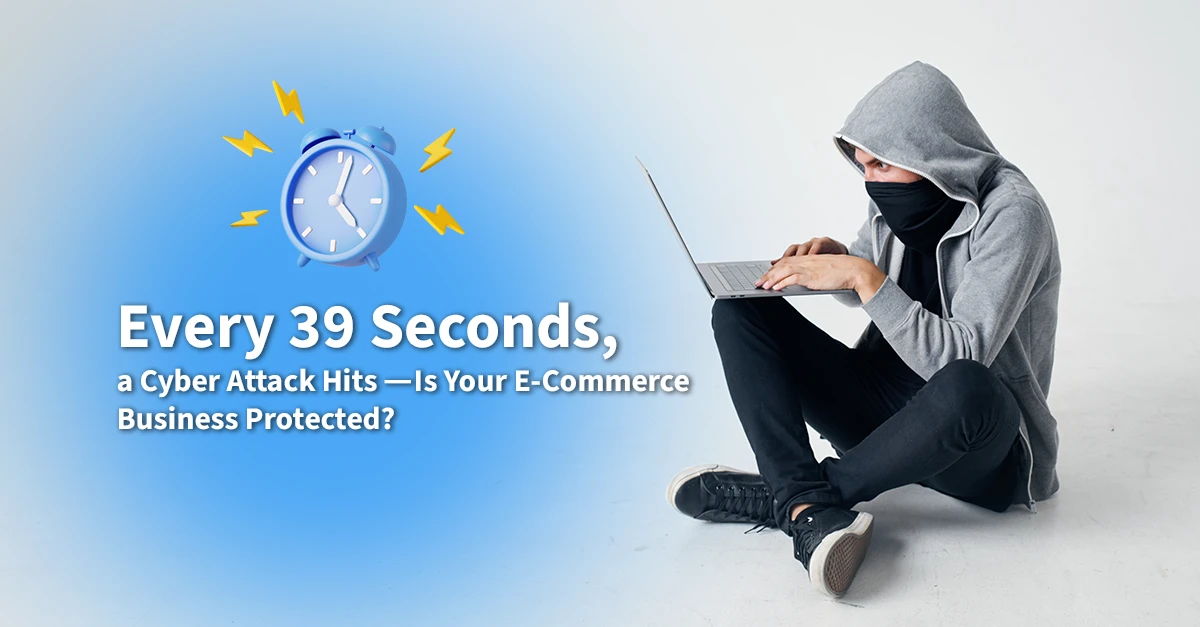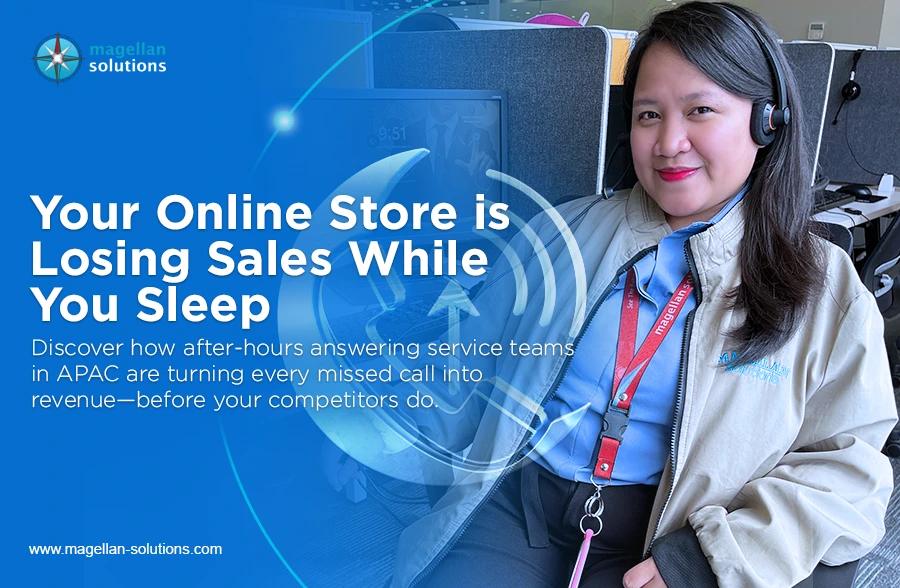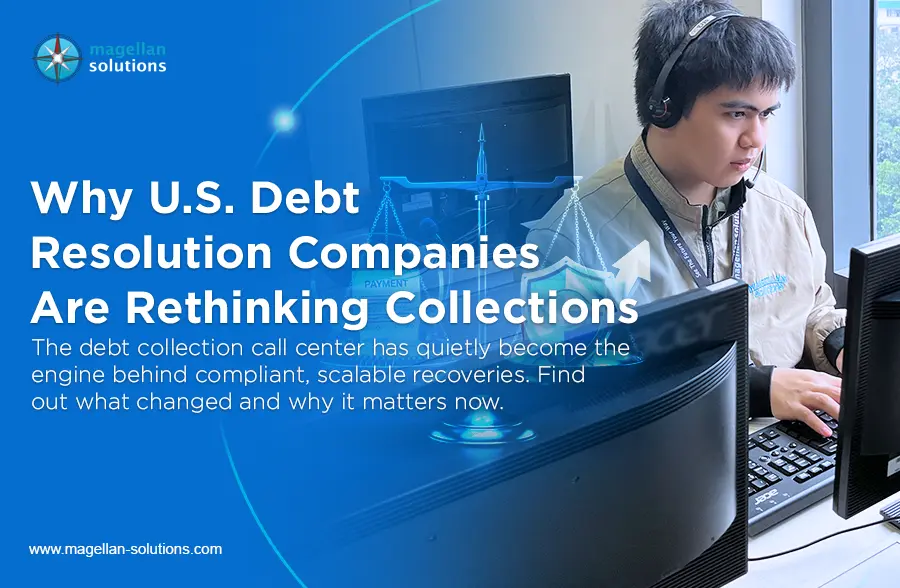Schedule a FREE call with our outsourcing expert now and get a precise quotation that meets your requirements. Don't wait - get started today!
In today’s rapidly evolving digital landscape, e-commerce businesses are prime targets for cybercriminals. The stakes are incredibly high—cybersecurity breaches are projected to cost the global economy $10.5 trillion annually by 2025, according to Cybersecurity Ventures (source).
For online businesses, robust cybersecurity measures are not just necessary but a critical investment in their future. Implementing essential e-commerce cybersecurity services is a must to safeguard sensitive customer information and protect their online stores from devastating cyber attacks.
Read on to learn more!
1. SSL Certificates
An SSL (Secure Sockets Layer) certificate is fundamental for any e-commerce website. It encrypts the data exchanged between your site and customers, ensuring that personal information, like credit card details, remains secure during online transactions. Without SSL encryption, your website is vulnerable to data breaches, risking the exposure of sensitive information to cybercriminals.
Moreover, SSL certificates build customer trust. Shoppers often look for the padlock icon in the address bar before making purchases, associating it with a secure site. Securing your website with SSL protects your business and assures your customers.
2. Two-Factor Authentication (2FA)
Two-factor authentication (2FA) adds an extra layer of security to user accounts by requiring two forms of identification—usually a password and a code sent to a device. This reduces the risk of unauthorized access, even if a password is compromised.
Implementing 2FA is especially crucial for accounts handling sensitive information, such as customer databases or payment systems. It’s a simple yet effective way to prevent data breaches.
3. Anti-malware and Anti-Virus Software
Malware and viruses pose a constant threat to e-commerce websites. To protect your online store, invest in robust anti-malware and anti-virus software. These programs will scan your website for malicious code, remove threats, and provide real-time protection against new attacks.
Regular anti-malware and anti-virus software updates are essential to keeping your defenses strong as cyber threats evolve.
4. Secure Payment Gateways
Secure payment gateways encrypt payment information during transactions, protecting sensitive data, such as credit card numbers, from cyberattacks. When choosing a payment gateway, select one that complies with the Payment Card Industry Data Security Standard (PCI DSS), ensuring the highest security level for cardholder data.
In addition to encryption, some payment gateways offer tokenization, replacing sensitive payment information with a unique identifier, further reducing the risk of data breaches.
5. Employee Training and Awareness
Cybersecurity isn’t just the responsibility of IT professionals—every employee who interacts with your e-commerce platform needs to be aware of basic security practices. Training your staff to recognize phishing attempts, use strong passwords, and protect customer data is essential.
Fostering a culture of cybersecurity awareness reduces the risk of human error leading to security breaches. Regular training also keeps your team informed and vigilant against emerging threats.
Secure Your Future with E-commerce Cybersecurity Services
In the ever-evolving world of e-commerce, cybersecurity is more important than ever. By implementing these essential e-commerce cybersecurity services, you can protect your business, safeguard sensitive customer information, and maintain your customers’ trust.
At Magellan Solutions, we specialize in comprehensive e-commerce cybersecurity services tailored to the unique needs of online businesses. Contact us today to learn how we can help secure your online store and support your business’s long-term success.















